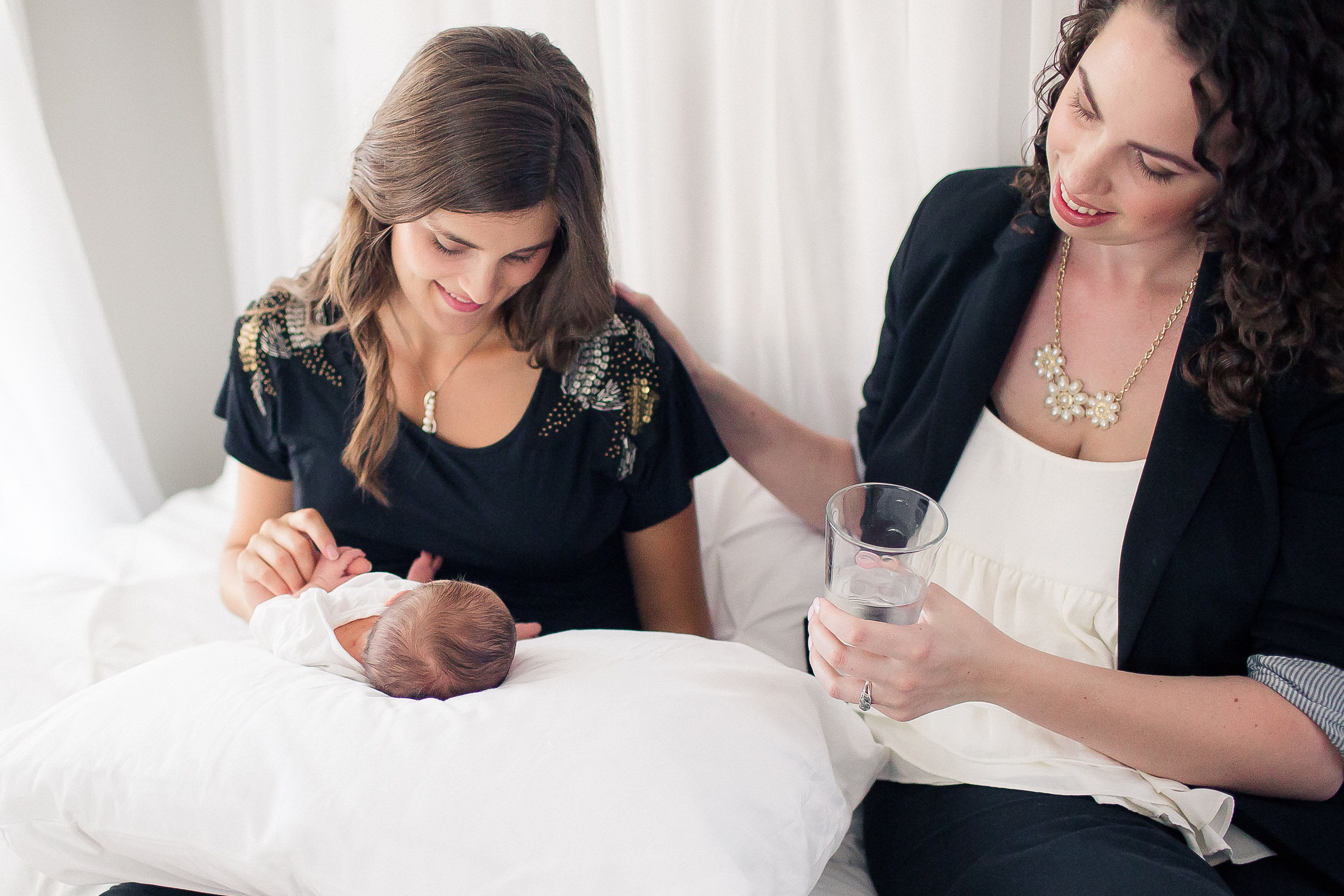Protect Your Mental Health in the Childbearing Year
Guest blog by Sara Skiles, owner of Wichita Doula:
Pregnancy, birth, and parenting can be exciting and joyous, but they can also be tough and challenging at the same time. On top of physical recovery from growing and birthing a baby, and the stresses of caring for the baby around the clock, the mental health of new mothers is an often-forgotten aspect of parenthood that needs to be talked about.
Most people have at least heard of postpartum depression – especially thanks to recent spotlighting by celebrities who have worked to raise awareness. What most people don't know is that not only are 600,000 (conservative estimate) new moms in the United States suffering from postpartum depression, but there are a range of other postpartum mood disorders that can arise in the year after giving birth, including forms of anxiety, OCD, and psychosis.
So what can you do to protect yourself if you are pregnant or planning to get pregnant?
Education and preparation are helpful in reducing your risk factors. Learning the symptoms of postpartum depression, anxiety/OCD, and psychosis means you may be able to get help sooner because you can better identify what is abnormal. Learn where the support groups and therapists are. Write down the postpartum help hotline and crisis hotlines and put them somewhere you can see them. Know who to contact and where to go – just in case you find that you need them someday.
Adequate support is the other key ingredient in reducing your risk factors for postpartum depression and other mood disorders. If possible, your partner, friends, and family members should be encouraged to research the risk factors and symptoms, and be prepared to support you physically and emotionally. Don't be afraid to ask for help, and if someone offers to help out or bring a meal, always say yes. Set up an account on a meal train website, and see if your friends, family, or church can provide you with any extra practical support.

A professional birth and/or postpartum doula can fulfill both the educational and supportive roles, while remaining unbiased and nonjudgmental. Your doula can help you and your partner experience a more satisfying, comfortable, and supported birth, and assist you at home in a confident transition to parenting a newborn. Wichita Doula postpartum doulas are trained to detect the symptoms of postpartum mood disorders, and can help refer you to the treatment you need.
Postpartum mood disorders can arise at any time in the first year after giving birth, and they don't care who you are or where you live or what your lifestyle is like. However, education and support are two important ways to reduce the risk of suffering a postpartum mood disorder and will make you feel more confident, assured, and informed as you begin your journey of parenting.

Sara Skiles is a certified doula and the owner of Wichita Doula, an agency providing the best doulas in Wichita, Kansas. She is passionate about perinatal mental health education and helping parents enjoy peaceful days and nights with their newborns. Sara lives in Wichita with her husband and two children.
Learn more about Sara and her team on the web here: Wichita Doula.
About the author
Dr. Rachel Sparks is the co-founder of ICT Muscle & Joint Clinic, a board-certified chiropractor, and functional medicine expert. The core of Dr. Sparks’ beliefs lies within the ability to move often and to move well. Dr. Rachel Sparks is passionate about improving the scope of care available for the pregnant and postpartum women through her integrative approach of chiropractic, rehab, nutrition, and functional health.
